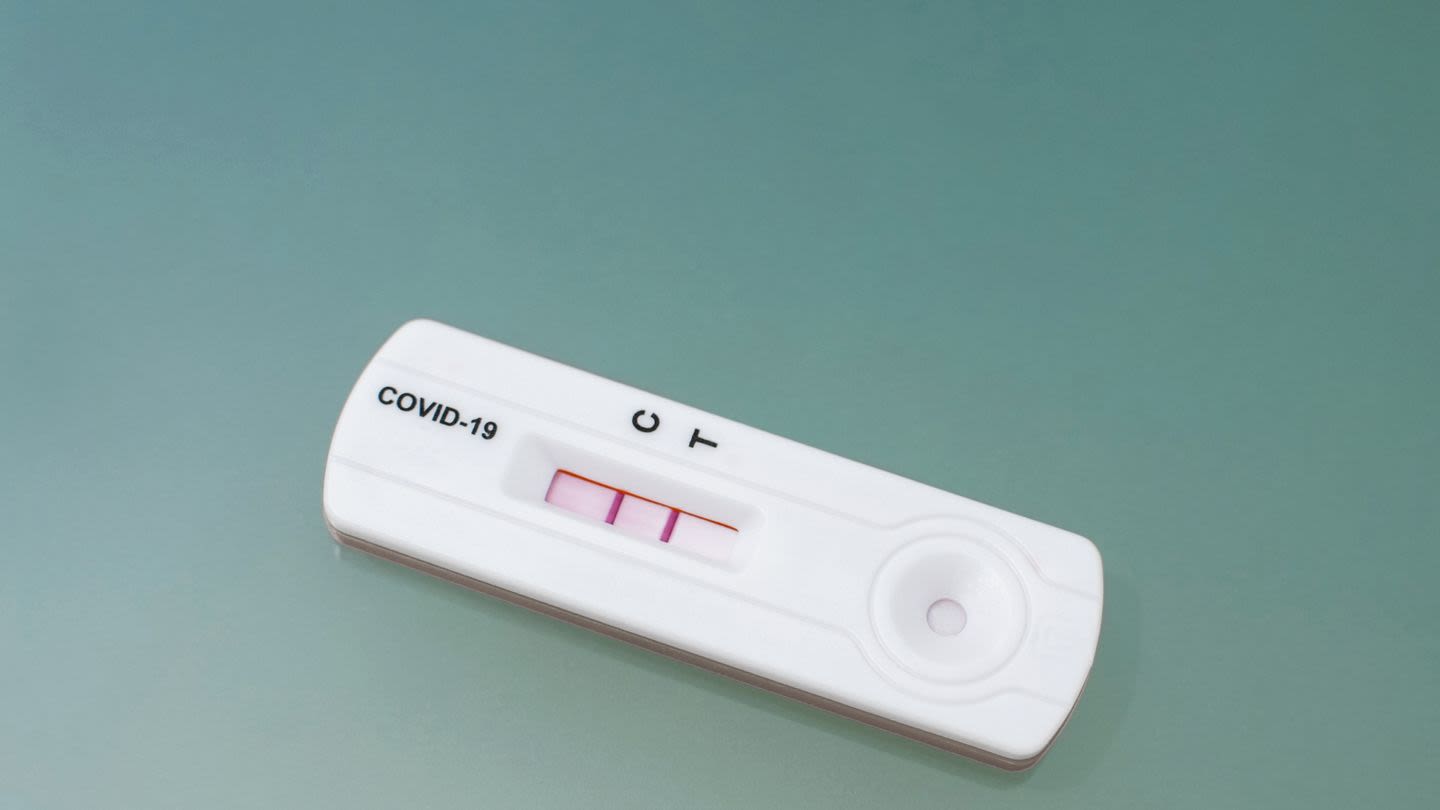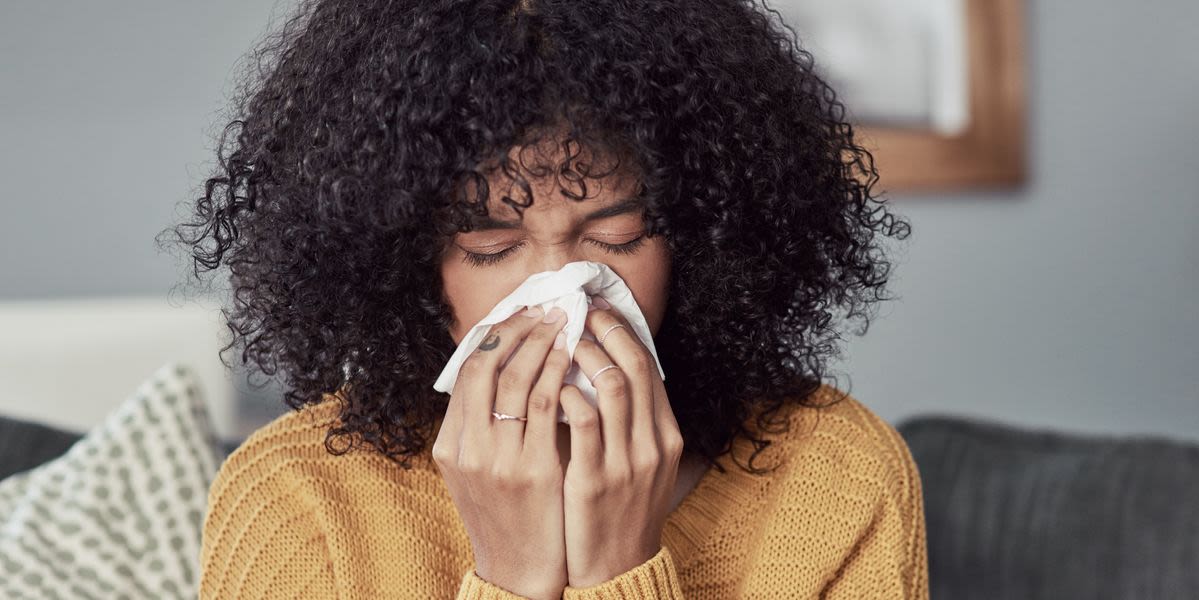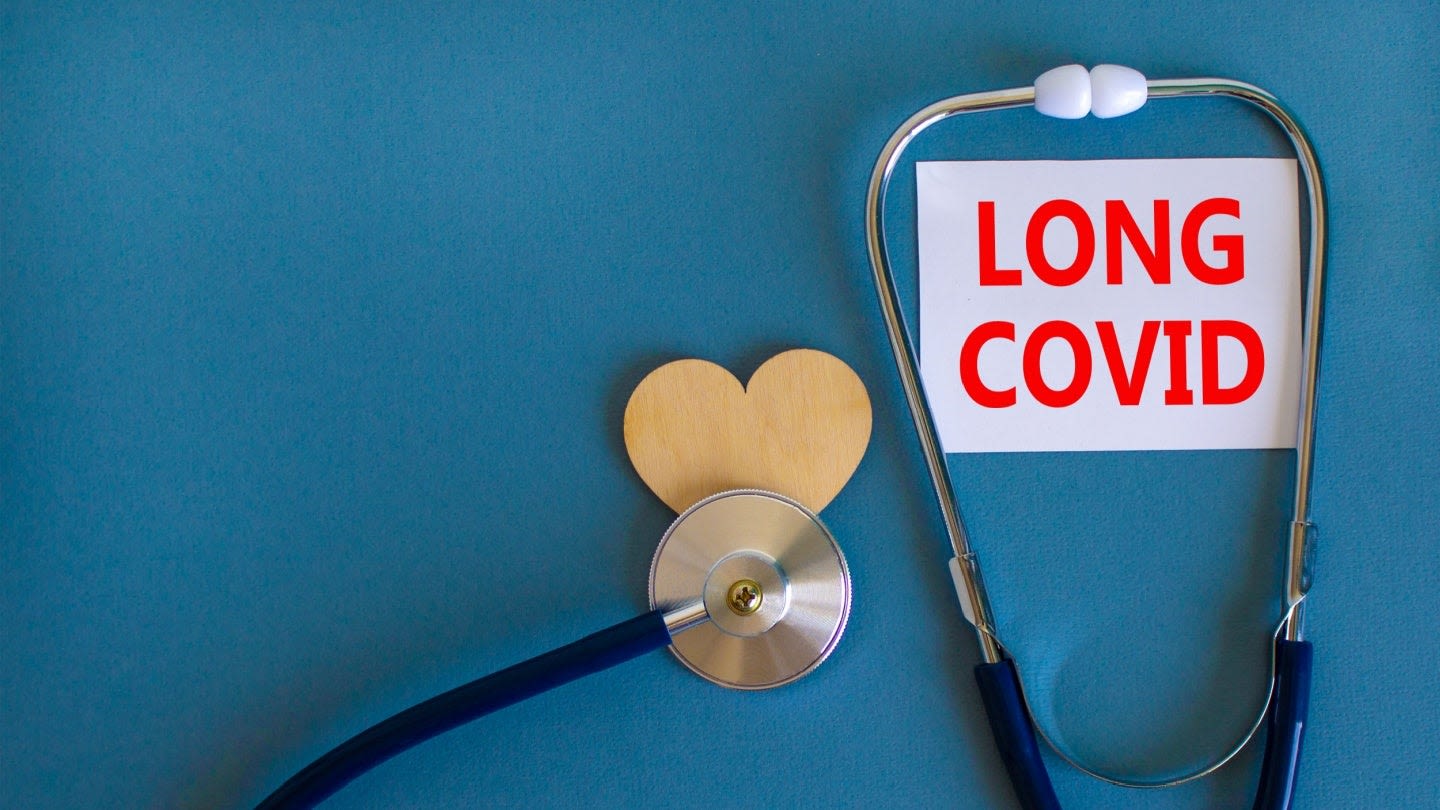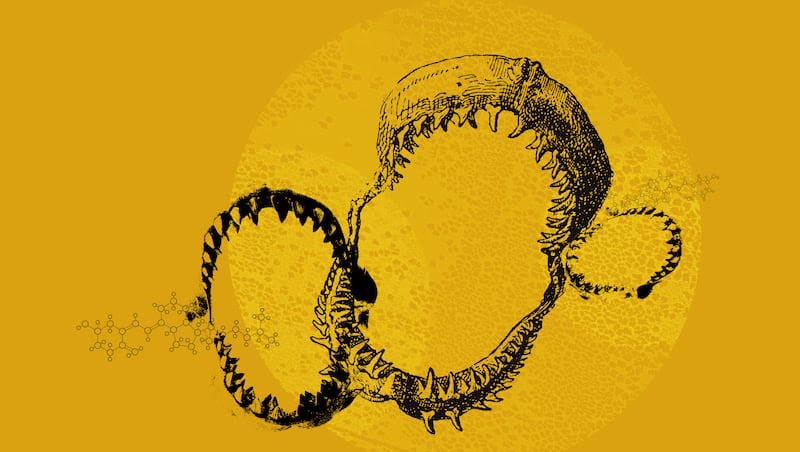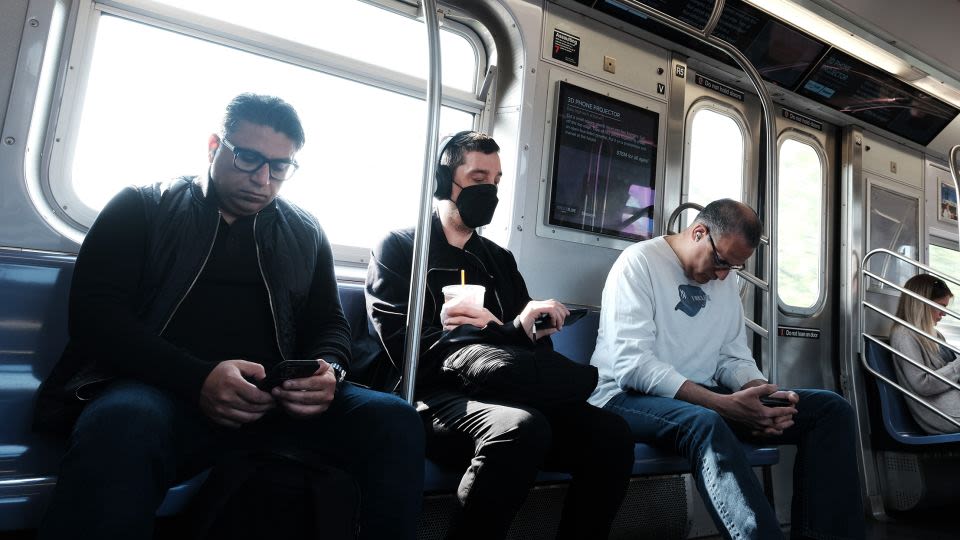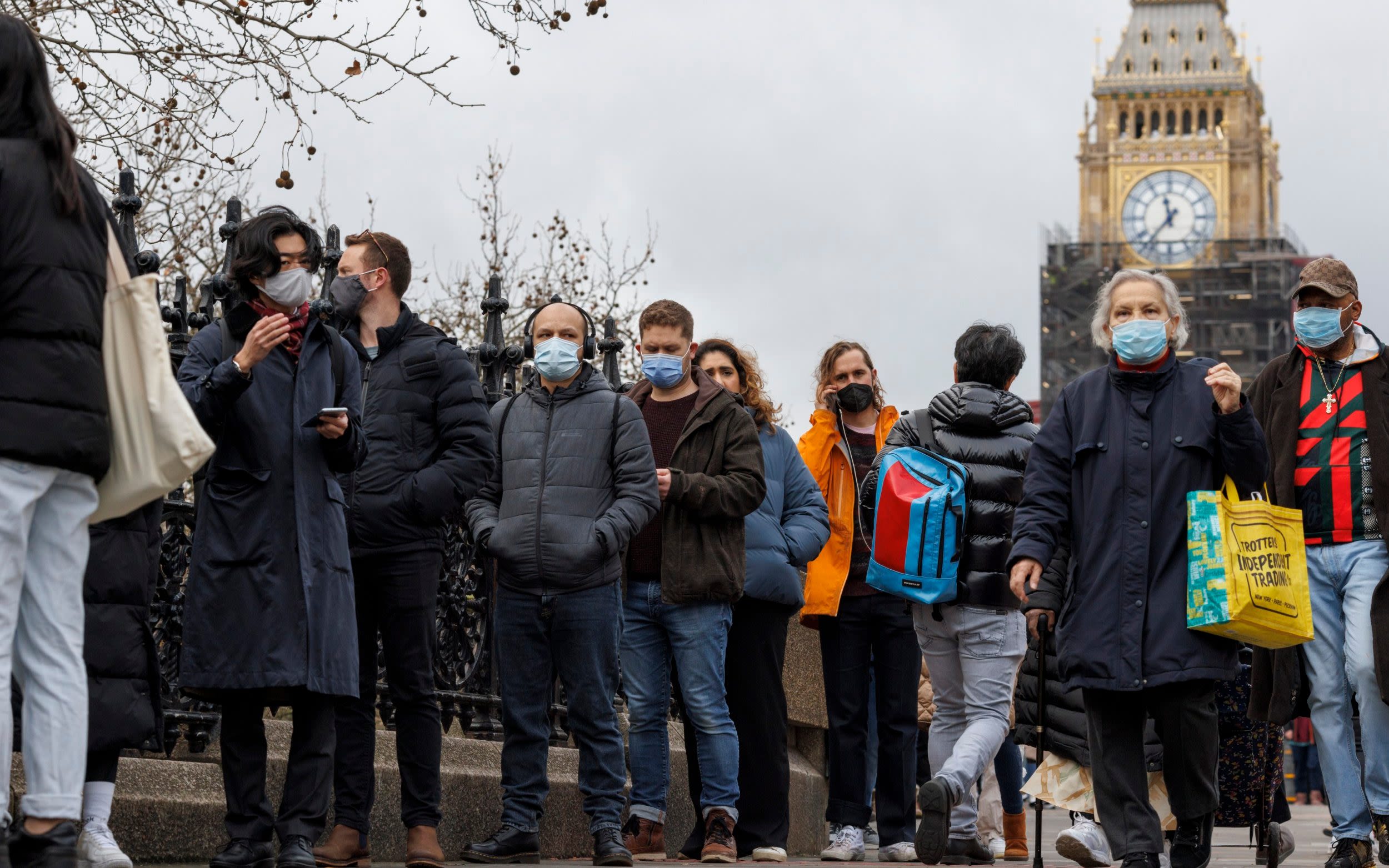Search results
Oct 26, 2023 · Research shows that the antibodies that develop from COVID-19 remain in the body for at least 8 months. Getty Images. Immunity can occur naturally after developing COVID-19, from getting the...
Feb 7, 2024 · The immune response from a COVID-19 infection usually tamps down after 3-4 months, says Kawsar Talaat, MD, a vaccinologist and associate professor in the Department of International Health at the Johns Hopkins Bloomberg School of Public Health and the Johns Hopkins School of Medicine in Baltimore, Maryland.
Jan 23, 2024 · A 2021 study found 98% of people had antibodies against SARS-CoV-2’s spike protein (a protein on the surface of the virus that allows it to attach to our cells) one month after symptom onset....
Nov 29, 2022 · COVID-19 antibodies can stay in the body for just a few months or over a year. However, hybrid immunity is generally more effective than natural or vaccine-based immunity alone. Learn...
News about COVID-19, Long COVID, symptoms
News about COVID-19, variants, summer
Also in the news
May 3, 2024 · Data from vaccine manufacturers suggest that, for most people, vaccines and booster doses start protecting you against the coronavirus within a week or two after your injection. However, specific factors, discussed later, can play a role in how quickly you develop immunity against COVID-19. Does the Vaccine Type Matter?
Jan 26, 2021 · At a Glance. The immune systems of more than 95% of people who recovered from COVID-19 had durable memories of the virus up to eight months after infection. The results provide hope that people receiving SARS-CoV-2 vaccines will develop similar lasting immune memories after vaccination.
Jan 13, 2022 · 1. DON’T assume you’re immune from COVID-19. The most important thing to do is NOT assume you’re immune to the coronavirus, even if you’ve had a confirmed COVID-19 diagnosis before. “We’ve already seen at least four different variants crop up — alpha, delta, mu, and omicron — in the last two years,” says Chemaly.

